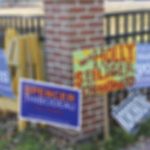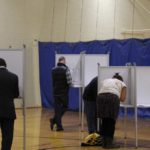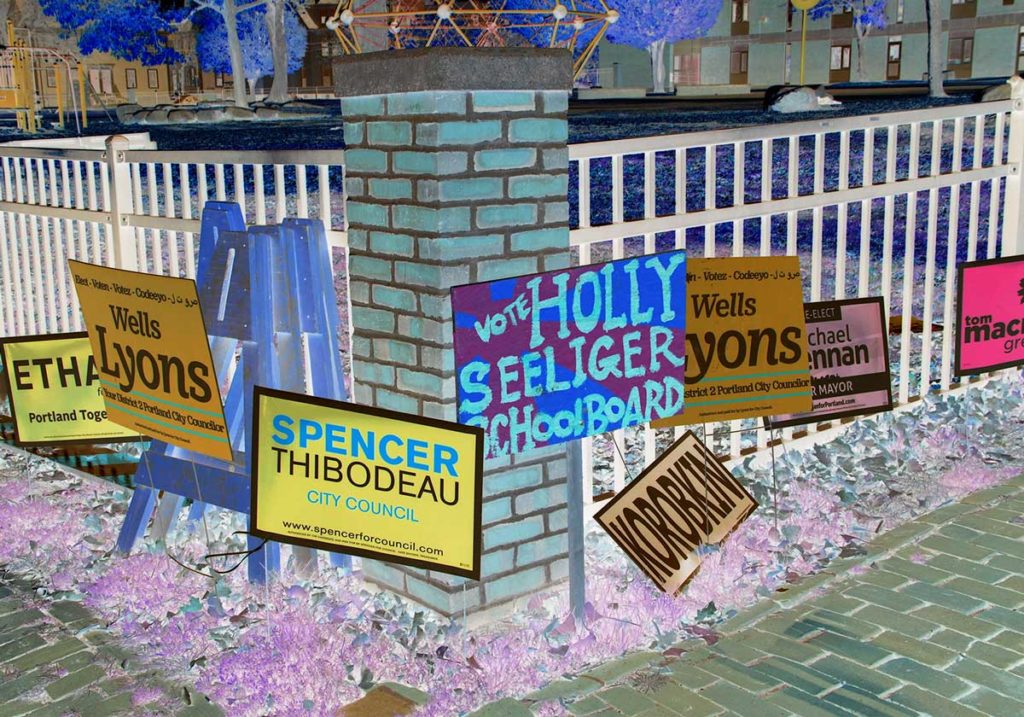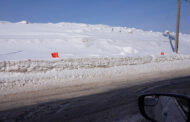LA VIDA LOCAL: IRREGULAR NOTES ON WEST END LIFE
By Rosanne Graef
For 41 years, Maine has been blessed by the billboard law that bans off-premises billboards. Its passage resulted in the removal of over 8,500 huge signs. Thus far, it has resisted assaults from those seeking exceptions and adjustments to its regulations.
The only billboard I really liked was one on the road to Kokadjo, Maine. It was put up by the Maine Forest Service and the CCC that said: “This Is God’s Country, Don’t Set It on Fire and Make It Look Like Hell.”
I haven’t been up there in a while, perhaps that sign is still there.
A NEW SCOURGE
 The billboard law has done its job, but now we’re facing a new scourge created during the last legislative session. They changed the temporary sign law to allow these signs on public ways for 12 weeks during the calendar year, without specifying a time limit before an event or activity when such signs may be posted. This was passed to help farmers in publicizing their produce stands and pick-your-own operations. It is a noble goal, but with an unforeseen result.
The billboard law has done its job, but now we’re facing a new scourge created during the last legislative session. They changed the temporary sign law to allow these signs on public ways for 12 weeks during the calendar year, without specifying a time limit before an event or activity when such signs may be posted. This was passed to help farmers in publicizing their produce stands and pick-your-own operations. It is a noble goal, but with an unforeseen result.
If you were out and about in Portland in the last two weeks of August, you probably noticed the blight of political campaign signs infesting our roadways. You’d think that with all the social media methods available to advertise oneself as a candidate or promote a ballot question, this use of resources, not to mention the resulting mound of trash that will follow the election, would be unnecessary.
Few, if any, voters take their positions by seeing a sign on public property (to say nothing of 20 signs in a row!) that could have been placed there by anyone. To make matters worse, some of these signs are essentially plastic bags placed upside-down on a wicket!
MORE THAN CATCHY SLOGANS
 Let’s respect our environment and city by forgoing these signs and putting those campaign dollars to some real use. Provide voters with in-depth presentations that will help them make informed, intelligent choices in November. Trying to sway voters whom to pick to run a city, state, or federal government or to convince them to vote a certain way on bond issues and referendum questions must involve more than name recognition, branding, color selections, and catchy slogans.
Let’s respect our environment and city by forgoing these signs and putting those campaign dollars to some real use. Provide voters with in-depth presentations that will help them make informed, intelligent choices in November. Trying to sway voters whom to pick to run a city, state, or federal government or to convince them to vote a certain way on bond issues and referendum questions must involve more than name recognition, branding, color selections, and catchy slogans.
Of course, voters also have a responsibility to educate themselves before stepping behind the curtain.
Many issues facing the City of Portland (to say nothing of the state and the nation) are complex. The ramifications of today’s issues can make or break all our chances for a successful future: homelessness, opioids, energy, transportation, education, health care, affordable housing, to name just a few.
It’s your responsibility to find out what you’re voting on and whom you’re voting for. Study as many sides of these situations as possible and get to know where the candidates stand. In other words, make up your own mind and be prepared when you go into that voting booth.
Rosanne Graef is a West End resident.






